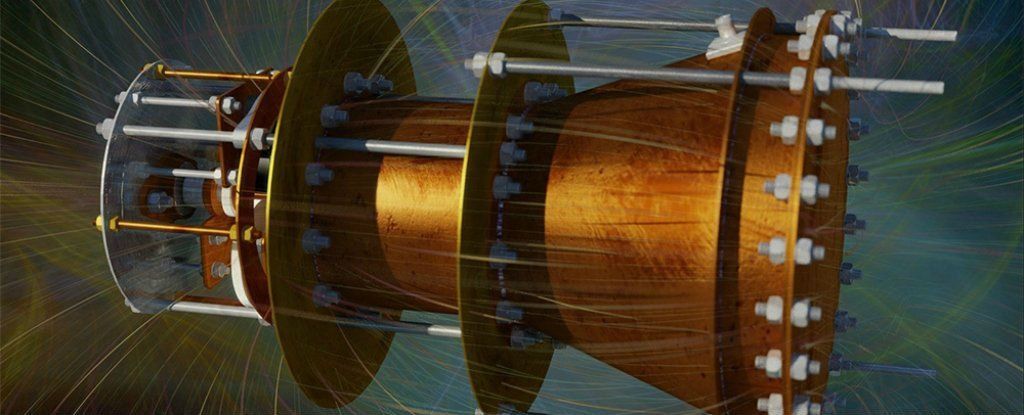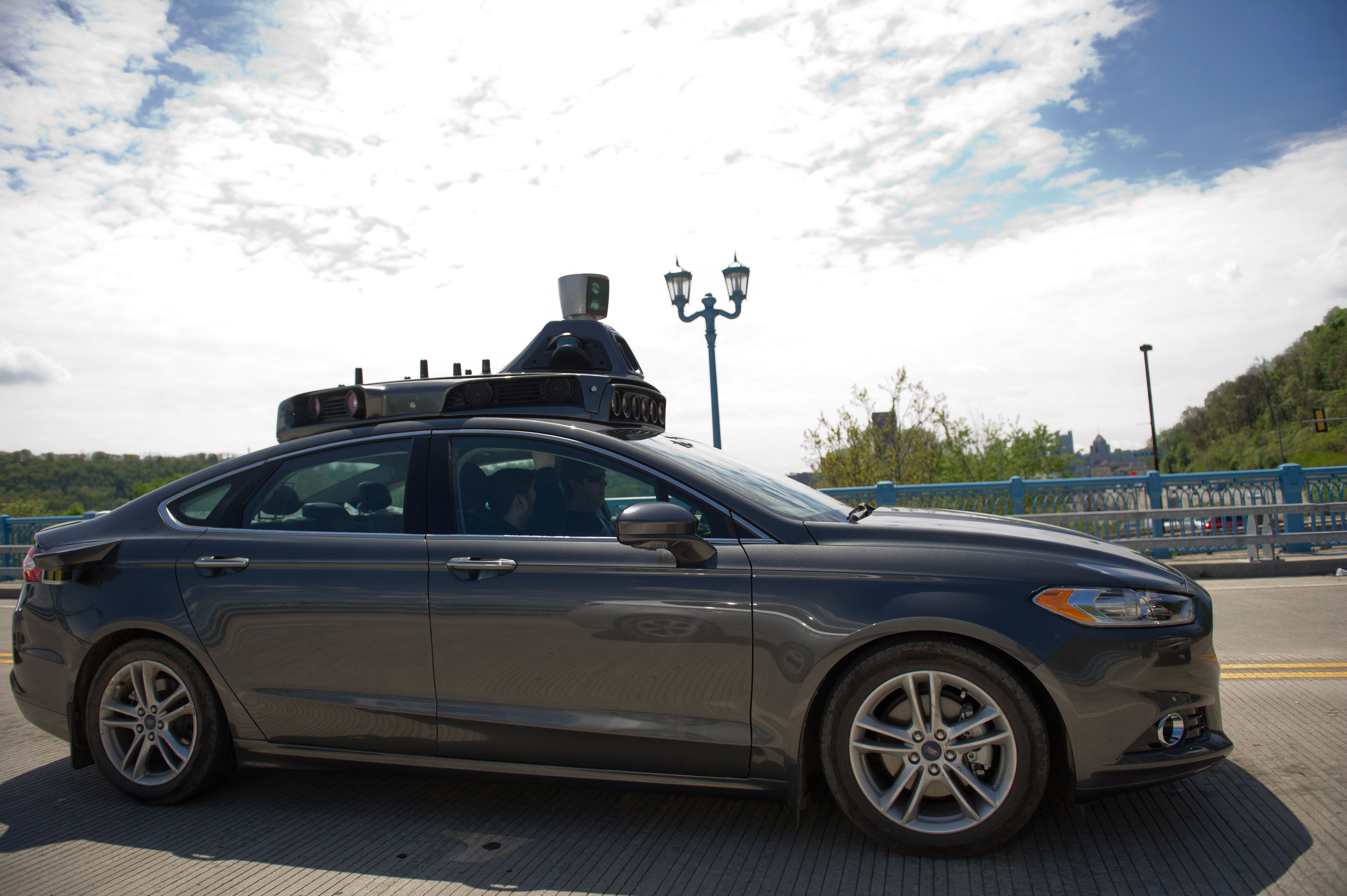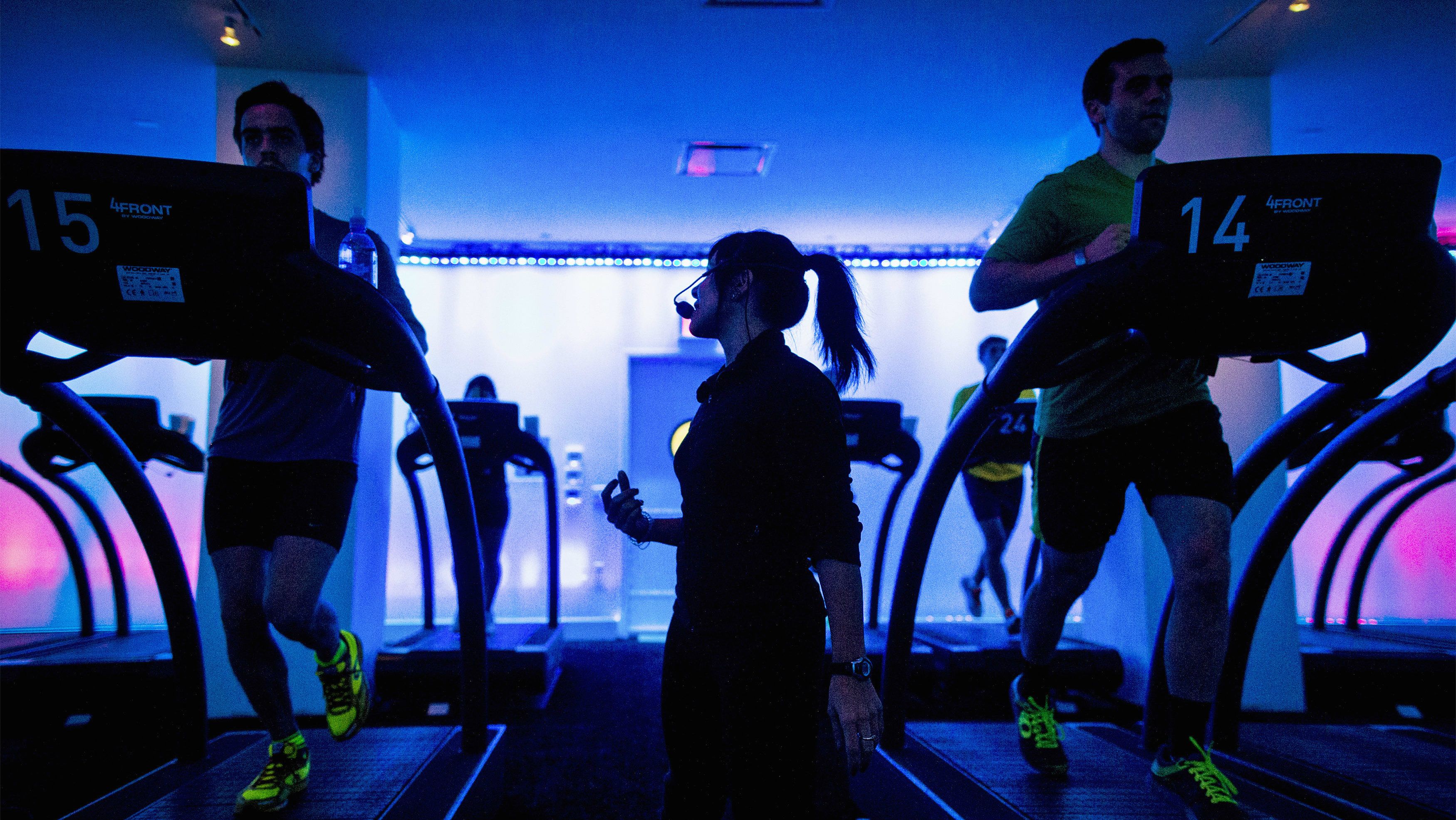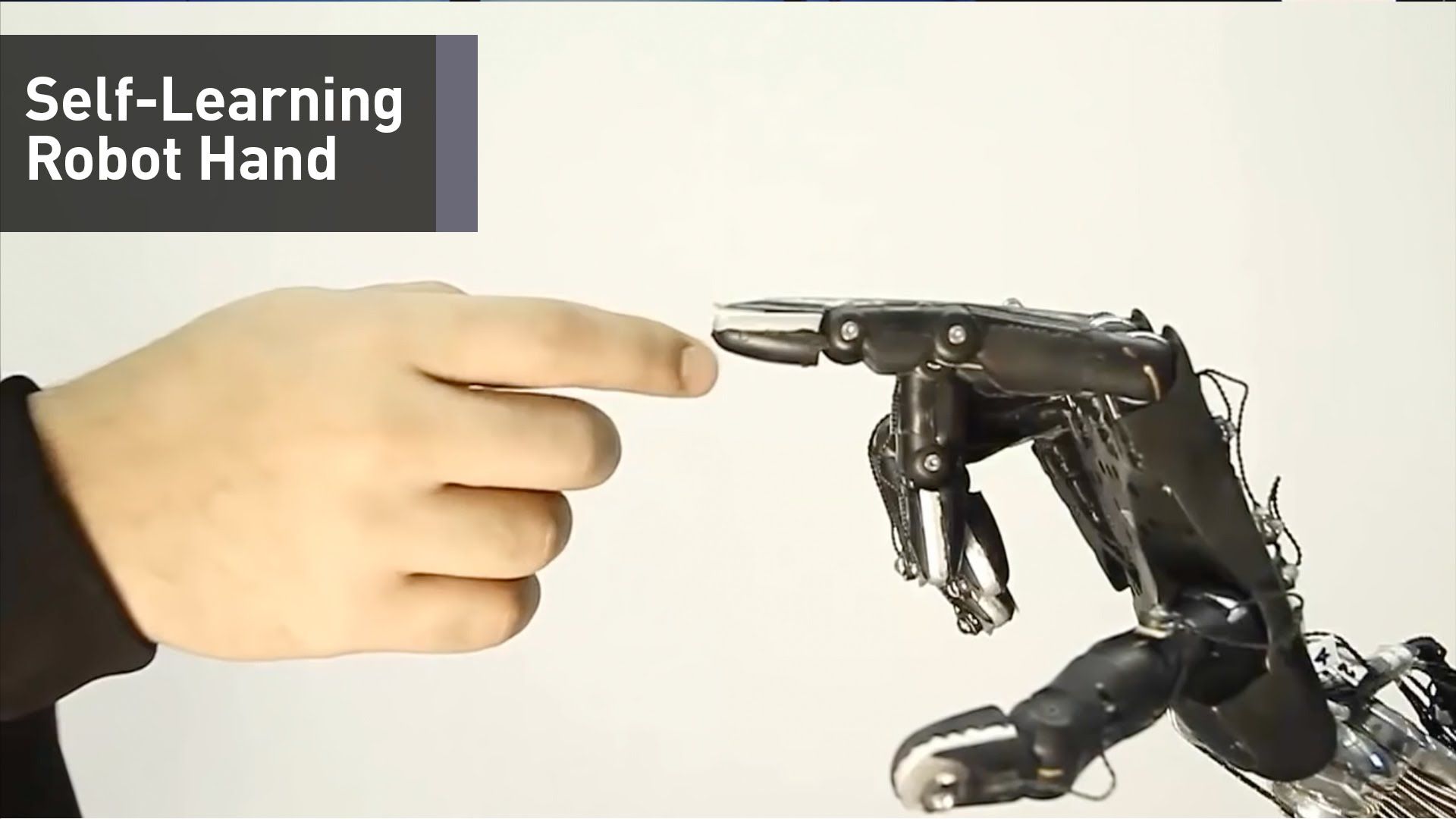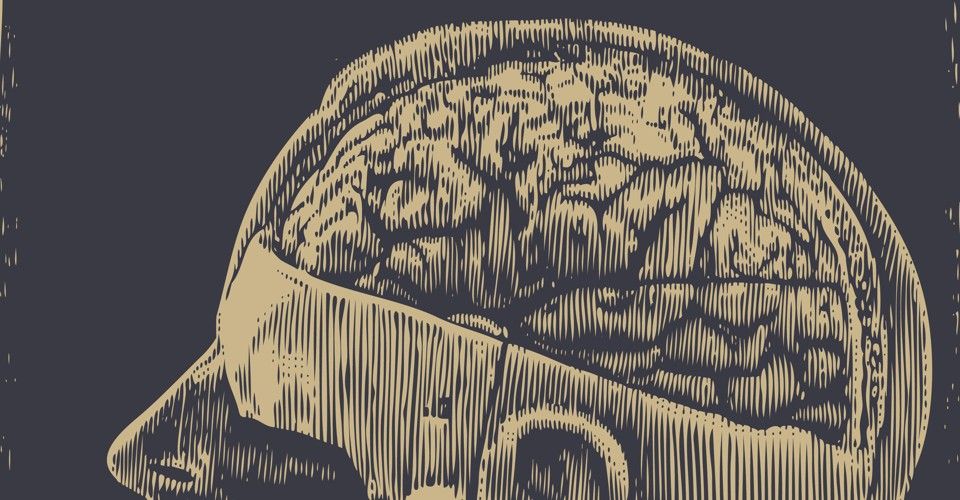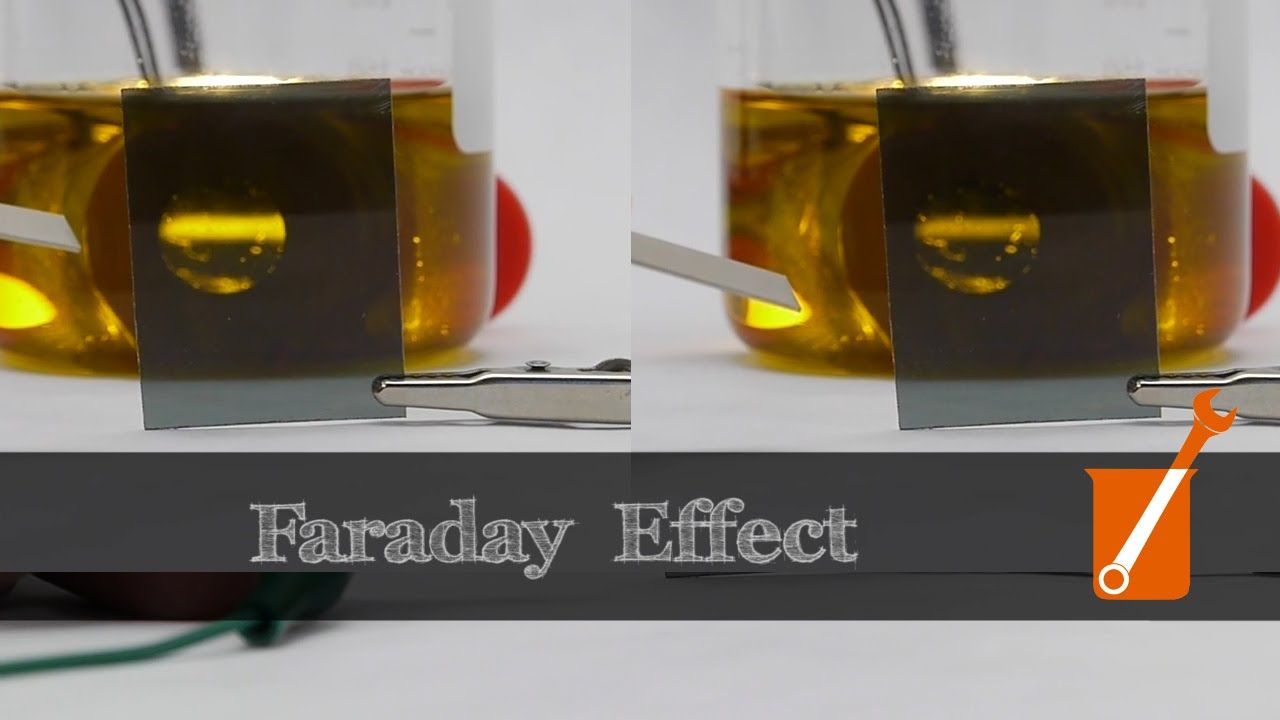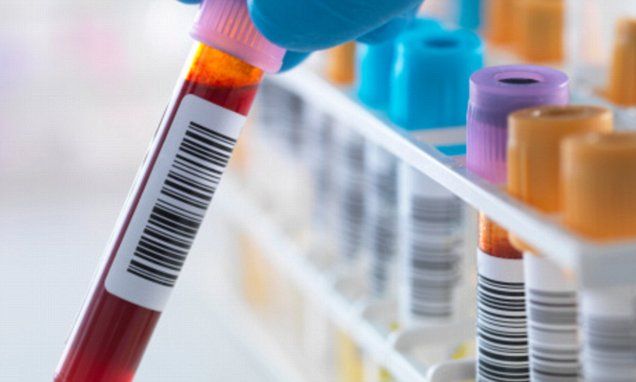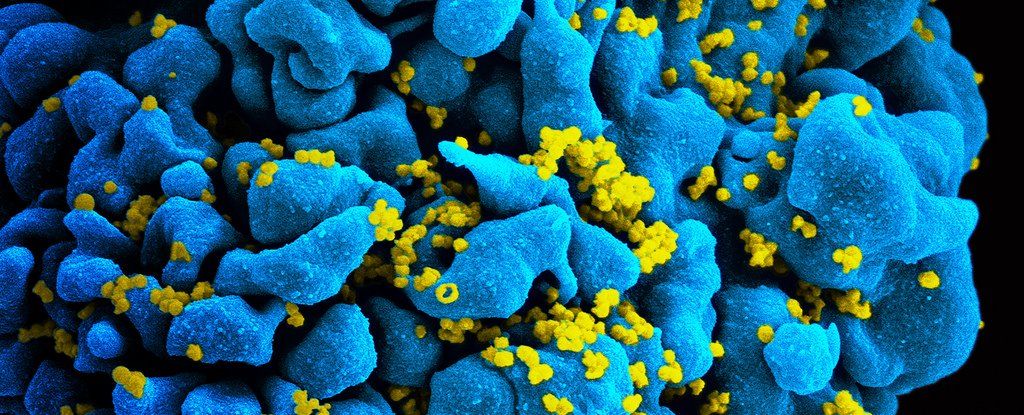It’s been a big year for the ‘impossible’ EM Drive — a new kind of rocket engine that appears to generate thrust without any kind of exhaust or propellant. Back in May, NASA researchers reported a successful 10-week trial of their EM Drive prototype, and inventor Guido Fetta just got approval to test his own version in space.
Now, the UK Intellectual Property Office has released the latest patent application from British EM Drive inventor Roger Shawyer, and he says millions of pounds rest on the success of design within.
“The patent process is a very significant process, it’s not like an academic peer review where everyone hides behind an anonymous review, it’s all out in the open,” Shawyer told Mary-Ann Russon at the International Business Times.
